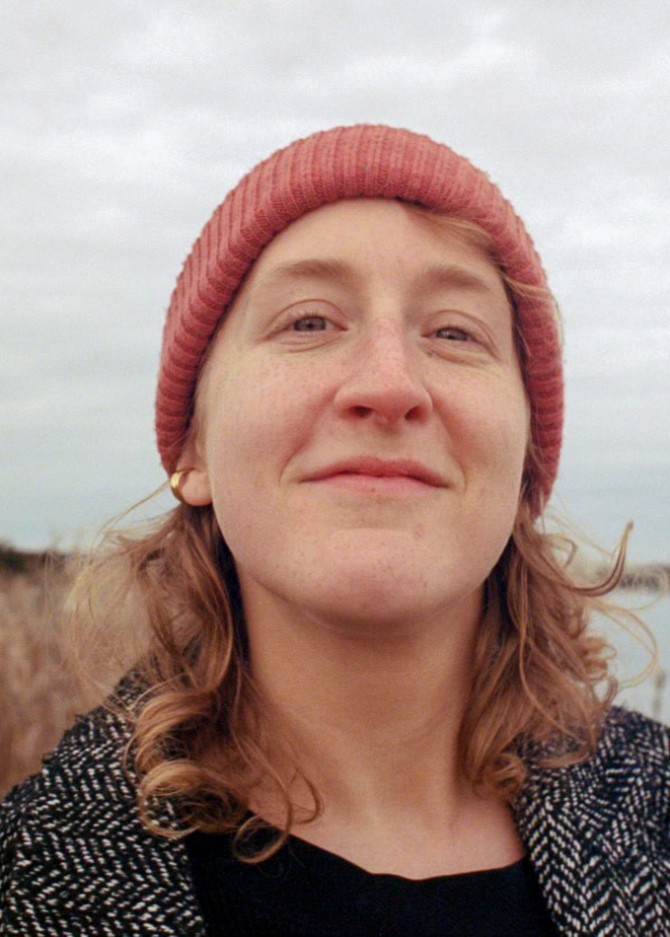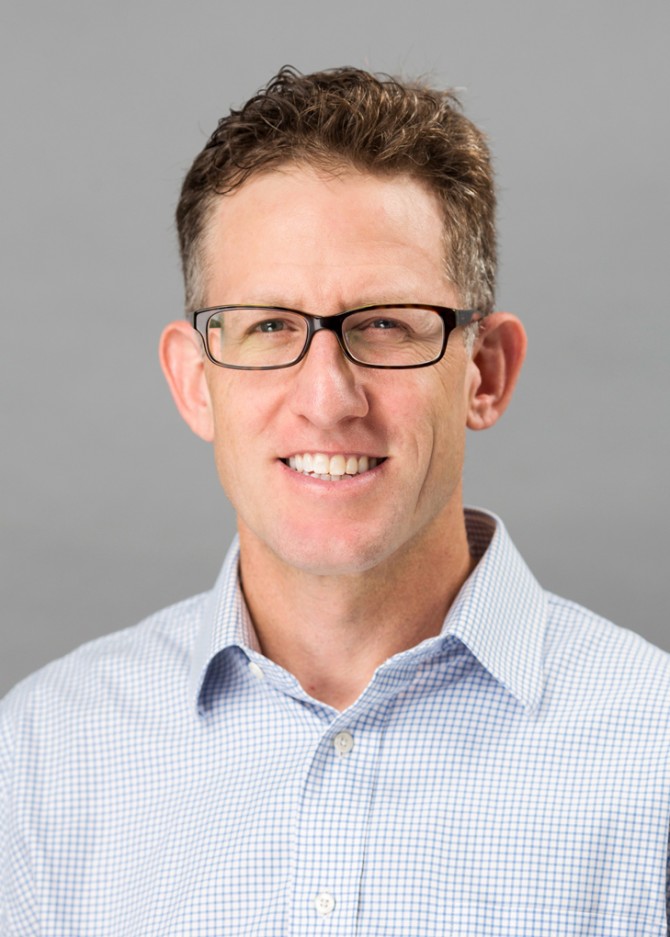In Lund debate, panelists chart different paths to climate justice
By Jonathan Miller
The years Rachel Bezner Kerr has spent reviewing the scientific literature on climate change has helped her understand how urgent the problem is – and “how interconnected it is with other social, economic and political problems.”
Rather than despair at those connections, she said, we can “see the climate change crisis as an opportunity to get multiple benefits from redesigning and changing the very nature of how we organize our societies.”
Bezner Kerr, Institute for African Development director and professor of global development in the College of Agriculture and Life Sciences, will moderate this year’s Lund Critical Debate from the Mario Einaudi Center for International Studies. Getting to Climate Justice: A Global Approach will be held on April 11, from 5 to 6:30 p.m. in Schwartz Auditorium in Rockefeller Hall. The event is free and open to the public and will also be livestreamed by eCornell.
The panelists – journalist Kate Aronoff and security expert Joshua Busby – look at climate justice issues through different lenses, Bezner Kerr said. They will join her for a wide-ranging conversation on how global efforts to respond to climate change can promote greater equity and make life better for the most vulnerable individuals, groups and nations.
Aronoff is a staff writer at The New Republic and the author of “Overheated: How Capitalism Broke the Planet and How We Fight Back” (2021). Her writing focuses on the economic and political drivers of climate change and how civil society can influence the climate agenda.
A proponent of the Green New Deal, she decries the close relationship between the U.S. government and the fossil fuel industry and criticizes international processes that claim to address climate change while leaving the structures that produce it intact. She has called out rich nations for setting double standards in global climate negotiations and not doing their share to cut emissions or fund needed programs.
Busby is professor of public affairs in the University of Texas Lyndon B. Johnson School of Public Affairs. His research focuses on the connections between climate change, global health, transnational advocacy movements and U.S. foreign policy. Busby served as senior adviser for climate at the U.S. Department of Defense from 2021 to 2023.
In his latest book, “States and Nature: The Effects of Climate Change on Security” (2022), Busby argues that climate change is most likely to trigger conflict and humanitarian emergencies in countries that have weak state capacity, political institutions that exclude minorities and other disadvantaged groups and foreign assistance that is blocked or delivered unevenly.
Like climate change itself, climate justice must be tackled at multiple levels, said Bezner Kerr, coordinating lead author for the United Nations’ Intergovernmental Panel on Climate Change’s sixth assessment report chapter on climate change impacts and adaptation of food systems. Some issues, she said, such as migration, may be best handled by international bodies. Others, like housing and transportation, require local action. Governments, multilateral agencies, civil society and universities must all play a part.
Bezner Kerr agrees with the IPCC’s conclusion that inclusive policymaking processes are more likely to address the needs of the most vulnerable populations. She said she looks forward to hearing the panelists’ proposals and hopes “people walk away from the conversation feeling like there is hope – that there are good ideas out there and that we can’t give up.”
The Einaudi Center’s annual Lund Critical Debate gathers experts in international affairs to deliberate on pressing issues in world news and public policy. The series is made possible through the generosity of Judith Lund Biggs ’57.
Jonathan Miller is a freelance writer for Global Cornell.
Media Contact
Get Cornell news delivered right to your inbox.
Subscribe


